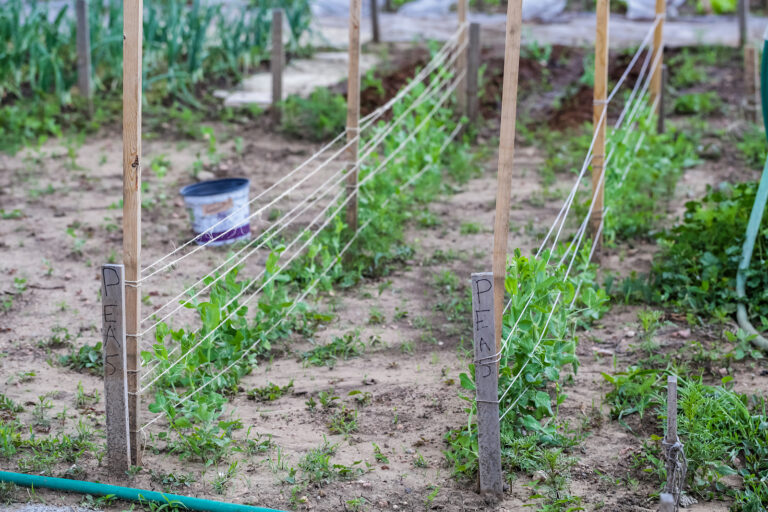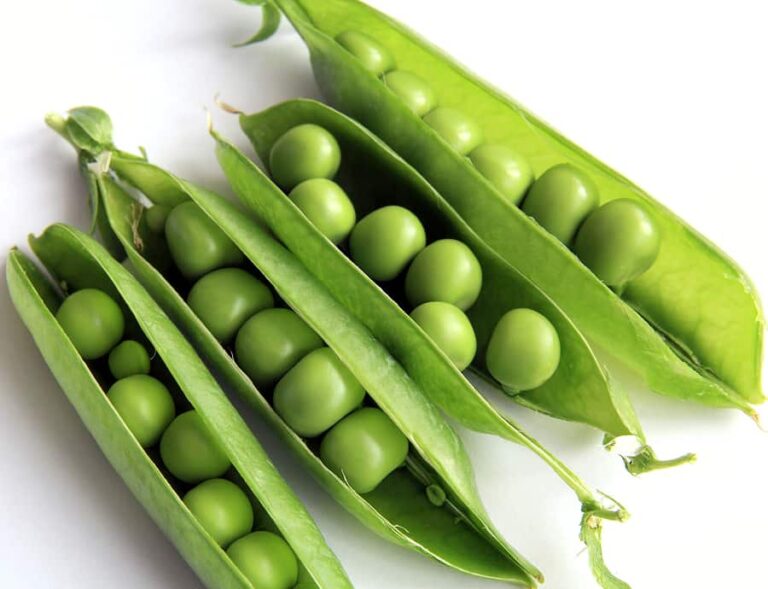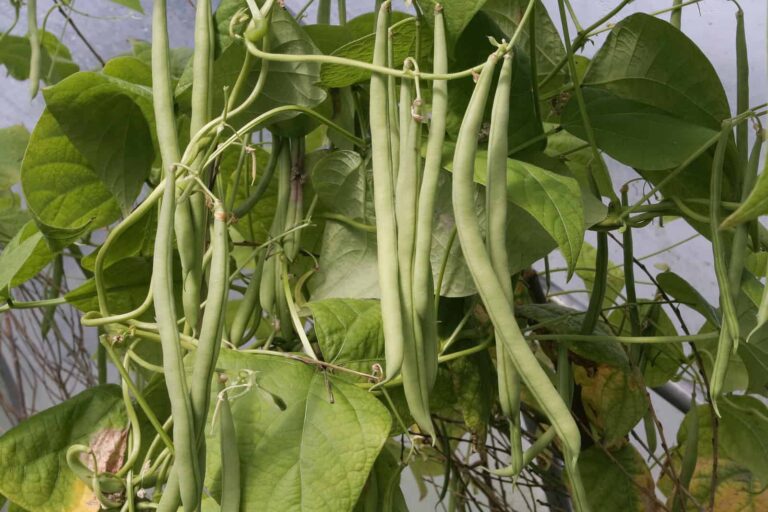Managing Weeds Around Fava Beans
Weed control is one of the most important parts of growing healthy fava beans. Weeds compete with fava plants for water, nutrients, and sunlight, especially in the early growth stages when seedlings are still small. By managing weeds naturally and consistently, you can help your fava beans grow strong, produce abundant pods, and improve your soil rather than deplete it.
After decades of growing fava beans in my Sonoma Valley garden, I’ve learned that prevention is better than pulling—good soil preparation, mulching, and careful weeding early in the season keep the garden nearly weed-free later on.
1. Start with a Clean Bed
Before planting, remove all existing weeds and roots. Loosen the soil to a depth of 8–10 inches and rake the surface smooth. Starting clean gives fava beans a strong head start and reduces weed competition right from the beginning.
2. Mulch Early and Often
Once seedlings reach 4–6 inches tall, apply a 2–3 inch layer of organic mulch such as straw, shredded leaves, or grass clippings. Mulch smothers small weeds, keeps the soil cool and moist, and limits new weed seed germination.
Tip: Avoid piling mulch directly against stems to prevent rot.
3. Hand Weed Carefully
During the first month after planting, check for weeds weekly and pull them by hand. Fava beans have shallow roots and nitrogen-fixing nodules close to the surface—avoid deep hoeing or cultivation that could disturb them.
4. Space Plants Correctly
Plant fava beans 6 inches apart in rows 18–24 inches apart. Proper spacing allows plants to shade the soil as they grow, naturally suppressing weed growth between rows.
5. Use Living Mulch or Cover Crops
Between wide rows, sow a living mulch like clover or low-growing peas. These plants reduce weeds while helping enrich the soil.
6. Avoid Chemical Herbicides
Fava beans are sensitive to herbicides. Natural methods—mulching, hand weeding, and cover crops—keep weeds under control without harming beneficial soil life or nitrogen-fixing bacteria.
My Experience
In my Zone 9B garden, I prepare fava beds in fall, rake them clean, and apply compost before sowing. Once seedlings are up, I mulch thickly with straw and pull the few weeds that appear early. By midwinter, the tall plants shade the bed completely—no weeds, no competition, just healthy, thriving fava beans.
Key Takeaway:
Start with a clean bed, mulch early, and weed carefully—natural weed control keeps your fava beans vigorous and productive all season.
🌿 Fava Bean Weed Control Methods Chart
| Weed Control Method | When to Apply | How to Do It | Effectiveness | Best For |
|---|---|---|---|---|
| Hand Weeding | Early growth stage (seedlings to 6 inches tall) | Pull weeds by hand or use a small hand fork; avoid disturbing roots. | ★★★★☆ | Small gardens or raised beds. |
| Mulching (Straw, Leaves, Grass Clippings) | After seedlings are established (4–6 inches tall) | Apply 2–3 inches of organic mulch around plants, keeping mulch off stems. | ★★★★★ | All garden types; excellent moisture retention and weed suppression. |
| Hoeing (Shallow Surface Cultivation) | Before seedlings emerge or very early growth | Lightly disturb the top inch of soil to uproot tiny weeds. | ★★★☆☆ | Larger beds; must be done before fava roots form nodules. |
| Living Mulch (Clover, Low Peas) | Between wide rows or garden paths | Sow low-growing cover crops between rows to shade and suppress weeds. | ★★★★☆ | Broad row or wide bed systems. |
| Smother Cropping (Cover Crop Before Planting) | 4–6 weeks before planting | Grow a dense cover crop (like buckwheat), then turn it under before sowing favas. | ★★★★☆ | Pre-plant weed control; builds soil organic matter. |
| Soil Solarization | Summer before fall planting | Cover cleared soil with clear plastic for 4–6 weeks to kill weed seeds. | ★★★★★ | Long-term weed reduction in heavy-infested beds. |
| Dense Planting | During sowing | Plant fava beans 6 inches apart to shade soil quickly. | ★★★★☆ | Quick canopy coverage; minimal maintenance. |
🌱 Quick Tips
- Combine mulching and dense planting for the most sustainable, low-maintenance weed control.
- Avoid deep tilling near fava plants—it can damage nitrogen-fixing root nodules.
- Pull weeds before they set seed to prevent future infestations.
Fava Bean Learning Hub
Start here: The Ultimate Fava Bean Growing Guide: From Seed to Harvest
Planting & Growing Basics
- Fava Bean Planting Time by Region
- How Deep and How Far Apart to Plant Fava Beans
- Fava Companion Planting Guide
- Growing Fava Beans in Containers
Soil, Water, and Feeding
- Best Soil for Fava Beans and How to Prepare It
- How to Water Fava Beans for Best Growth
- Feeding Fava Beans Naturally: Compost and Nitrogen Fixing
Care & Maintenance
- How to Care for Fava Beans During the Season
- Managing Weeds Around Fava Beans
- Supporting Fava Beans: Do They Need Staking?
Pest & Disease Management
Harvest, Storage & Preservation
- How to Tell When Fava Beans Are Ready to Harvest
- How to Dry Fava Beans for Long-Term Storage
- How to Store and Preserve Fresh Fava Beans
Varieties & Seed Saving
Cooking & Using Fava Beans
Companion & Related Crops



